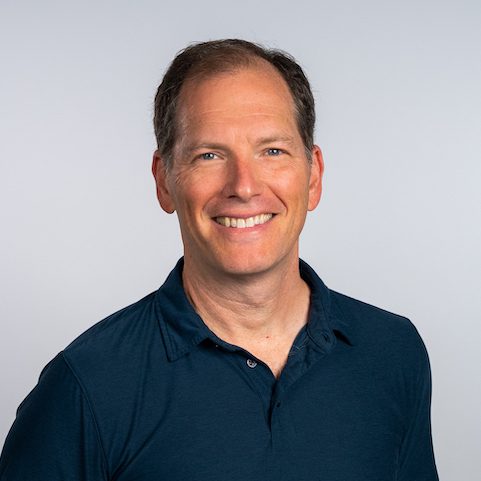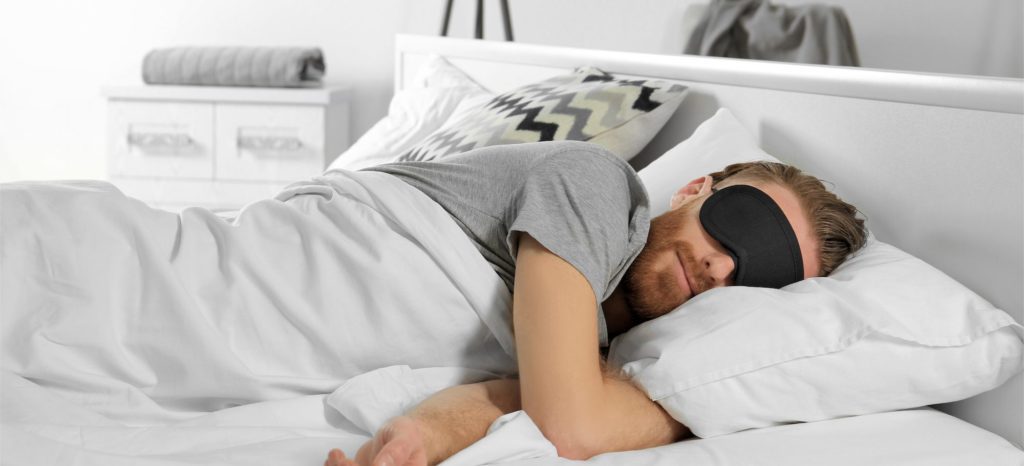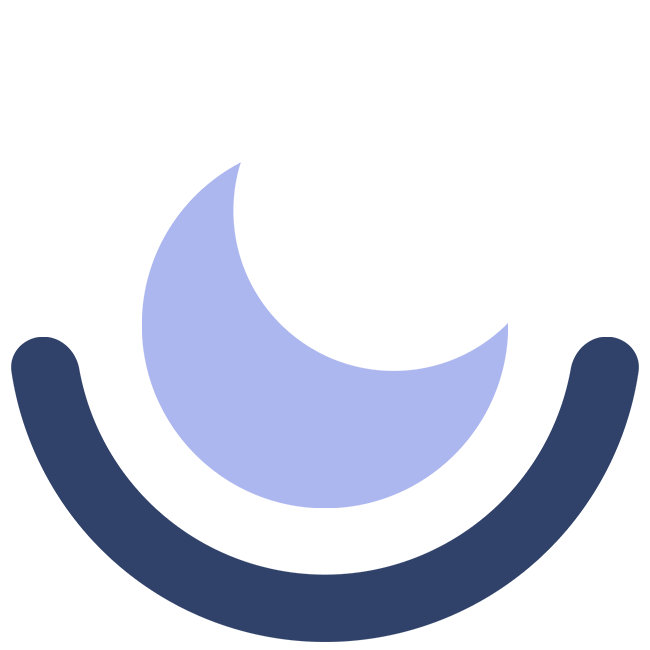While most people sleep only once in a 24-hour period, with some adding a supplemental nap in the afternoon, others disperse their sleep throughout the day and night. This distributed sleep schedule is called polyphasic sleep.
There is no concrete evidence demonstrating polyphasic sleep’s benefits, and data indicates that it may have negative health effects. But some people still use this sleep schedule, whether it is out of preference or obligation to personal and professional needs. We take a closer look at the history of polyphasic sleep and how it compares to other sleep schedules.
What Is Polyphasic Sleep?
Polyphasic sleep describes a schedule where an individual sleeps three or more times in a single day. These periods of sleep may manifest as a single, core sleeping event in the night with additional naps throughout the day or with consistent, equidistant naps over a 24-hour period.
Historical figures such as Leonardo da Vinci and Nikola Tesla reportedly used this unconventional sleep schedule.
Typical Polyphasic Sleep Schedules
Individuals who follow polyphasic sleep patterns have historically used one of three different types of schedules: Dymaxion, Uberman, or Everyman.
With the Dymaxion method, a sleeper achieves a total of only two hours of sleep per day by taking a 30-minute nap every six hours, never laying down for an extended sleep session. For example, a Dymaxion schedule could include naps at 5:30 a.m., 11:30 a.m., 5:30 p.m., and 11:30 p.m.
In an Uberman polyphasic sleep schedule, sleepers take six 20-minute naps evenly spaced throughout the day. This sleep schedule has no core sleeping period and totals only two hours of daily sleep.
The Everyman schedule differs from the other schedules by including a longer core sleep period supplemented with 20-minute naps. For example, an individual can sleep from 11 p.m. until 3:30 a.m. for their core sleep, followed by two 20-minute naps at 8 a.m. and 2:30 p.m., totaling five hours and 10 minutes of sleep in a day.
By shortening the length of core sleep to three hours, an alternative Everyman plan sees the individual taking three 20-minute naps with a shorter primary period, for four hours of daily sleep. There are other Everyman schedules with shorter core sleep periods and additional naps, as well.
Polyphasic Sleep vs. Monophasic and Biphasic Sleep
Polyphasic sleep is uncommon and differs from typical sleep schedules. Most people sleep once throughout the day in a monophasic sleep schedule. Others rest twice a day in biphasic sleep, with a core sleep period and a single nap in the morning or afternoon. Monophasic and biphasic sleep allow for a greater amount of total sleep in a day.
Is Polyphasic Sleep Healthy?
While polyphasic sleep may seem like a potential way to gain more waking hours and become more productive, there is minimal academic evidence to establish it as a healthier choice than monophasic or biphasic sleep.
Potential Benefits of Polyphasic Sleep
Any purported advantages of polyphasic sleep are anecdotal and not currently supported by academic research or analysis. However, some people do still try this sleep pattern in order to accommodate their lifestyle or work obligations.
- Additional Wake Time: With polyphasic sleep, your overall time spent sleeping is lowered. This schedule offers additional time to complete tasks when you would otherwise be sleeping.
- Better Time Management: Becoming regimented with naps throughout the day and using your added wake time to complete tasks may help you stay on top of your responsibilities.
Drawbacks of Polyphasic Sleep
While the additional time afforded by a polyphasic sleep schedule may seem like a positive, not achieving the necessary amount of sleep each night can significantly affect other elements of daily life.
- Inconvenience: Barring circumstances related to shift work, most people adhere to the body’s natural circadian rhythm by waking during the day with sunlight and sleeping at night when it is dark. Having to put plans on hold or pause work to take a nap is inconvenient and may not be possible for some.
- Sleep Deprivation: Most polyphasic sleep schedules include less overall sleep each day, which can seriously impact physical, emotional, and mental health. Insufficient sleep has been shown to increase the risk of cardiovascular disease, obesity, and type 2 diabetes.
- Reduced Productivity: Though the aim of polyphasic sleep is to increase the amount of time you have to tend to responsibilities, lack of sleep can negatively affect your ability to complete tasks at work, recall memories, and maintain motivation. This can lead to lower productivity.
Should I Try a Polyphasic Sleep Schedule?
Polyphasic sleep is not recommended. This is because it typically leads to sleep deprivation. However, if you must adopt this type of sleeping pattern due to work or other obligations, aim to hit a total of seven to eight hours of sleep throughout the day to make sure you get enough sleep. Sufficient, restful sleep allows you to function to the best of your ability and maximize your productivity.
What Is the History of Polyphasic Sleep?
Scientist, artist, engineer, and inventor Leonardo da Vinci, who lived from 1452 to 1519, reportedly used an Uberman schedule to sleep for 20 minutes every four hours. Other engineers and inventors may have applied this unconventional sleep pattern, such as Nikola Tesla, who lived from 1856 to 1943.
Though this sleeping schedule never quite took hold among the general public, polyphasic sleep rose in prominence in the 1940s as inventor Buckminster Fuller touted his Dymaxion method. Ultimately, Fuller adopted a more conventional sleep schedule when his polyphasic sleep schedule affected his collaborations.
Over time, few academics have conducted research on polyphasic sleep, perhaps due to its unsustainability. Some people may be tempted to reduce the total amount of time they sleep in order to get more work done. However, due to the effects of sleep deprivation, these efforts may be counterproductive.
Frequently Asked Questions About Polyphasic Sleep
There is no academic evidence indicating that polyphasic sleep promotes beneficial sleep patterns or overall healthy well-being. Adopting a polyphasic sleep schedule may lead to sleep deprivation, which has significant negative health effects.
The Everyman schedule is considered healthier than Dymaxion and Uberman polyphasic sleep schedules. This sleeping pattern includes a core sleep period, unlike its two counterparts. However, the overall lack of sleep in a day may still contribute to sleep deprivation.
To achieve polyphasic sleep, you must sleep at least three times in a day. Some people follow a schedule of only napping every four to six hours, while others focus on a lengthier sleep at night with two naps during the day.
References
Ask the Sleep Doctor
Have questions about sleep? Submit them here! We use your questions to help us decide topics for articles, videos, and newsletters. We try to answer as many questions as possible. You can also send us an email. Please note, we cannot provide specific medical advice, and always recommend you contact your doctor for any medical matters.





